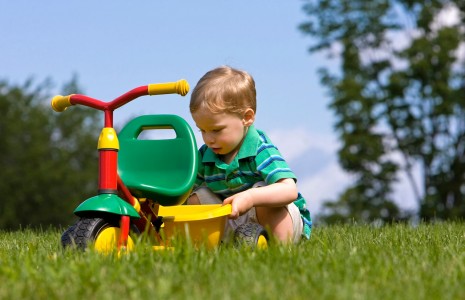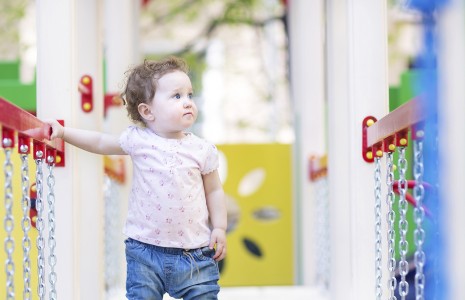Nurturing independence in young children is a critical component of parenting. It promotes later self-sufficiency and self-reliance, and the process should begin during the earliest years of life.
When observing a music class packed with pre-schoolers and kindergartners, one should expect a lot of moving parts. Moving feet, moving hands, moving bodies, moving vocal cords.
As August comes into sight, many parents are beginning to think about ways to prepare their school-age children for the upcoming year. But as they start to run the necessary errands, what about the baby in the backseat? According to The Urban Child Institute, it’s never too early to begin preparing her too.
The emerging science about children’s brains and how they develop shows that an adult’s drive to succeed socially, academically and professionally has its roots in self-motivation and curiosity during childhood.
To be successful as adults, children must understand from an early age that they can do and become anything that they set their minds to. A parent is a child’s first teacher. Until a child begins school and starts to interact with peers and other adults, instilling self-confidence and self-esteem is the responsibility of Mom, Dad, and caregivers.
Stress is an unavoidable fact of life — not just for adults, but for children too. We use the word informally to refer to feelings of anxiety or unease, but in its scientific sense the term refers to changes that happen in the body when we perceive a challenge or threat.





